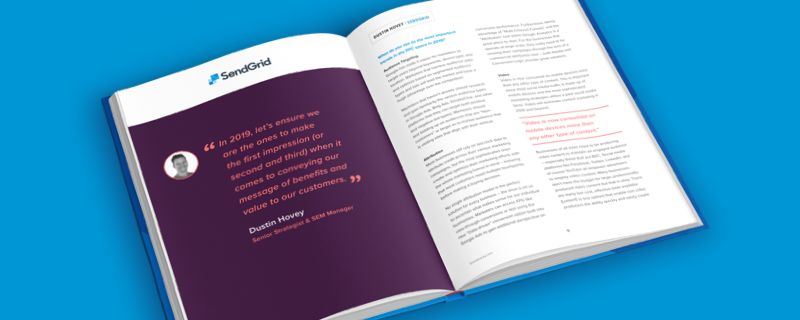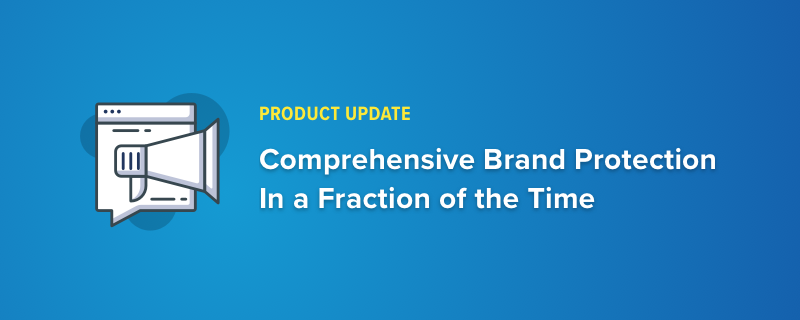We recently asked six paid search experts what they thought were the most important PPC trends. While there were a variety of answers, the clear winner in terms of impact on SEM for the coming year was automation. Like it or not, automation is unavoidable and search engine marketers need to learn how to thrive in this automated paid search world.
NEW YORK, UNITED STATES, January 18, 2022 /EINPresswire.com/ -- Partnerize, the leader in partnership automation for brands and partners, today announced the company's 2021 performance milestones, including 28% YoY client revenue growth and a steady clip of new business. This performance demonstrates successful execution of the company’s strategic plan, following two acquisitions, and continued market validation as a category-defining force and authority in expanding the value of partnerships through software automation and flexible service models. Additionally, Van Chappell has been named General Manager of BrandVerity, and Brent Fraser joins as the Senior Vice President of Global Partnerships & Key Accounts. These two leadership appointments reinforce the company’s commitment to further diversify and service the partner ecosystem while championing brand safety across the category.
BrandVerity is excited to be named one of Built In’s “Best Small Companies”, an honor that recognizes businesses with less than 100 employees for their benefits and perks, such as:
As we all continue to reflect on everything we’re grateful for this holiday season, BrandVerity wants to position the spotlight on a team member who was recognized for their outstanding work and achievements in online compliance, General Manager Van Chappell.
The 2021 holiday shopping season is projected to drive an incremental 9% in US retail sales year over year to reach $1.12 trillion—the strongest growth rate since 1999. This surge in holiday spend will spread across both brick and mortar and ecommerce driven by consumers' increase in discretionary income amidst ongoing supply chain issues. Marketers can easily take advantage of this revenue opportunity by maximizing the value of their in-person and digital presence through the partner channel—optimization that requires brand safety to be effective.
Maintaining omnipresence is essential for marketers—but perhaps equally important is protecting brand integrity across channels. Whether you're currently prioritizing brand safety, planning to implement a monitoring program or aren't sure where to start, there is something for everyone in our recorded ClickZ session, Why Brand Integrity is Paramount for Marketers in a Complex Cross-Channel Environment.
Having worked with thousands of brands, we are very familiar with the challenges digital marketers face owning brand protection in paid search. You have a lot on your plate, and while combating online trademark infringements by third-parties or partners helps protect your margins, it is one set of tasks on an already long list of responsibilities.
With access to a growing number of resources to conduct product and brand research, consumers are becoming increasingly more savvy. In fact, 90% of consumers use coupons when making a purchase, and digital coupon redemptions are projected to surpass $90 billion by 2022. With increased emphasis on discovering the best possible deal before making a purchase, marketers that once leveraged coupon codes to drive traffic, increase sales, target new customers, and build loyalty with existing customers, are experiencing complex risks associated with providing discount codes to their consumers.
As marketers scramble to stay ever-present across the digital marketing mix, they’re allocating additional marketing dollars to digital channels including affiliate marketing and paid search. Of those surveyed, 65% will increase investment in affiliate marketing budgets and 64% will allocate additional budget for paid search in 2021—surges in marketing spend that must be appropriately safeguarded to control the cost of customer acquisition.
Consumer behavior is ever-changing. These shifts in the buyer journey create costly, complex challenges for marketers seeking to achieve critical omnipresence. While increasing the number of meaningful digital touchpoints that consumers experience, equally important is protecting marketers’ cross-channel brand integrity—necessary audits that create a tax on resources and leave room for critical error if done manually.










